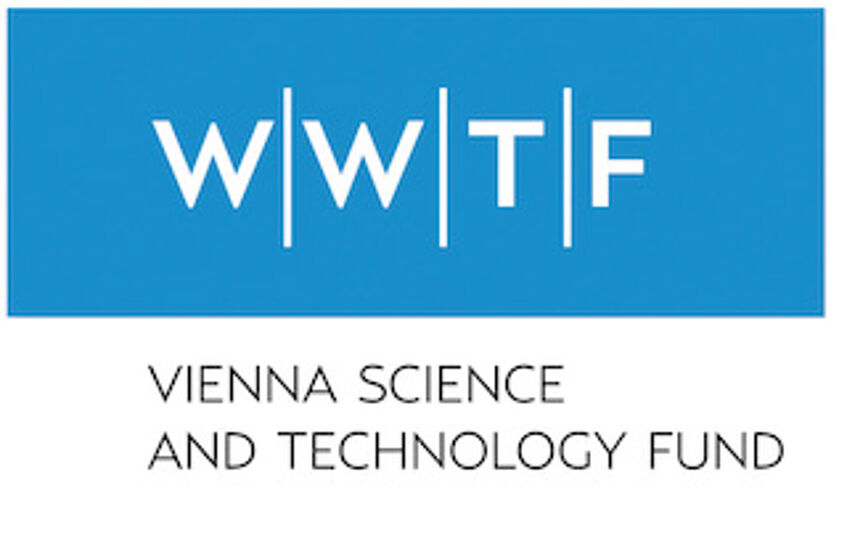Modulation of platelet biology with CLEC-2 targeted liposomes

This research is funded by the Vienna Science and Technology Fund (WWTF).
C-type lectin-like receptor 2 (CLEC-2) is involved in two important processes of platelet biology: separation of blood and lymphatic vessels and thrombosis. Besides being considered a potential drug target in settings of wound healing, inflammation, infection, and cancer, CLEC-2 is gaining interest as a therapeutic target for a variety of thrombo-inflammatory disorders with treatment also predicted to cause minimal disruption to hemostasis. While the last few years have seen major advances in our understanding of CLEC-2 ligand interactions and the resulting signaling cascades, the mechanisms by which the different biological functions are controlled are still insufficiently understood. Elucidation of these pathways is bottlenecked by a lack of chemical tools to investigate and visualize the effects of receptor multimerization on signaling and ligand fate.
This project aims at establishing a platelet-specific liposomal platform for mechanistic and targeted-delivery studies. Liposomal nanoparticles are decorated with natural as well as newly developed high-affinity ligands of CLEC-2 prepared by chemical synthesis. The opportunity to control ligand affinity and density on the nanoparticles will enable detailed studies into CLEC-2 biology and thus exploration of CLEC-2 as a therapeutic target for small-molecule inhibitors and for delivery devices for nucleic acids and other drugs.
This research is funded by the Vienna Science and Technology Fund (WWTF) [10.47379/LS21039]. More information can be found under www.wwtf.at.
